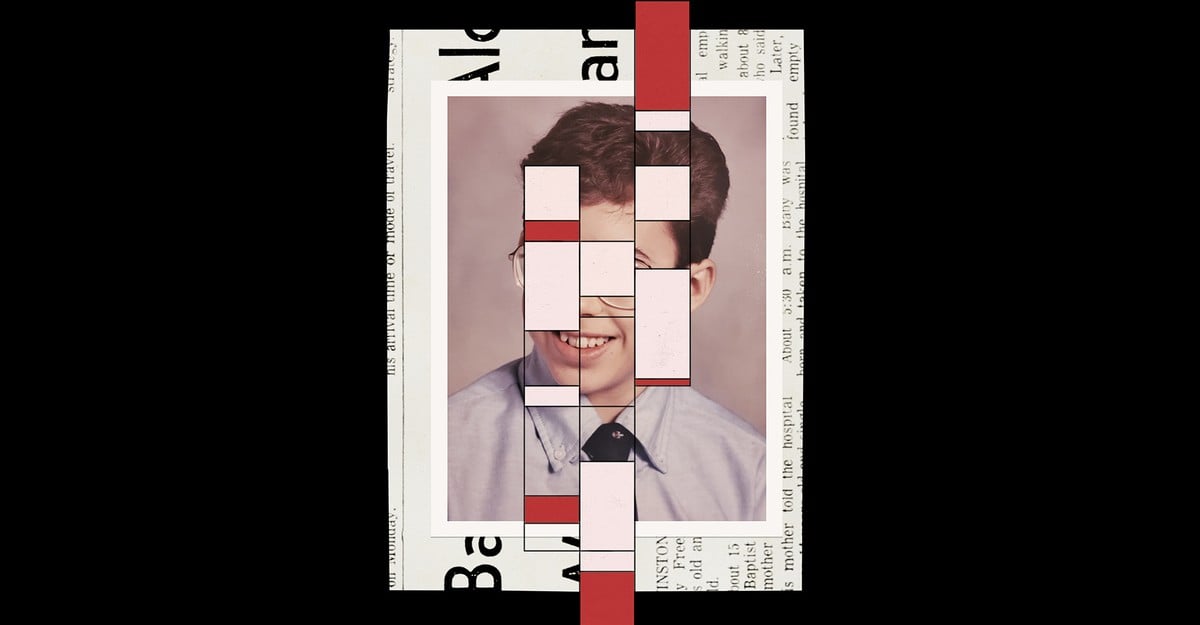The geneticist Jim Wilson, at the University of Edinburgh, was shocked by the frequency he found in the U.K. Biobank, an anonymized research database: One in 7,000 people, according to his unpublished analysis, was born to parents who were first-degree relatives—a brother and a sister or a parent and a child. “That’s way, way more than I think many people would ever imagine,” he told me. And this number is just a floor: It reflects only the cases that resulted in pregnancy, that did not end in miscarriage or abortion, and that led to the birth of a child who grew into an adult who volunteered for a research study.
Most of the people affected may never know about their parentage, but these days, many are stumbling into the truth after AncestryDNA and 23andMe tests.



It kinda comes built in with incest.
You’re overplaying your hand here. Parent/child incest implies rape if the child is underage. Adult sibling/underage sibling implies rape. But incest of siblings who are similar age (whether adult or child) doesn’t necessarily imply rape. Even incest of a parent and their adult child doesn’t imply rape.
Statistically I’d bet this is predominantly rape and you are largely correct, but by saying incest = rape you’ve overstepped a bit.
I’m not doing anything of the sort, you on the other hand, are telling on yourself 🤮
Telling what, exactly?
That dude sounds like he’s projecting. You’re just trying to clear up something that matters when talking about these sort of topics.
Yeah, it’s like those aggressive pedo hunters who DEFINITELY aren’t pedophile, but then get caught with a massive CP collection or during an attempt to woo a little kid.
That sounds like a hell of an assumption. Any data supporting that?
Expanding on MagicShel’s comment: imagine two siblings who were put up for adoption at birth. When they grow up, they meet each other, fall in love, have babies without realising they are siblings. Who raped whom in this example?
Expanding on my previous comment - imagine investing time and energy in creating far fetched examples to somehow make incest “ok”, but instead just outing yourself as someone who isn’t.
There are several examples of brothers and sisters who were adopted to separate families then become couples later in life unknowingly.
Just google it.
It really is incredible and quite disgusting how many of you creeps are piping up in defence of incest…
You implied that all incest is a result of rape. I only have to provide one example to prove you wrong.
You are wrong; I win
Not necessarily?